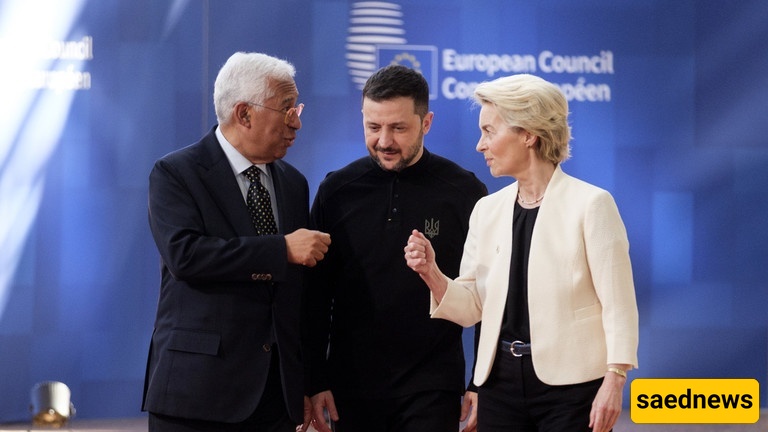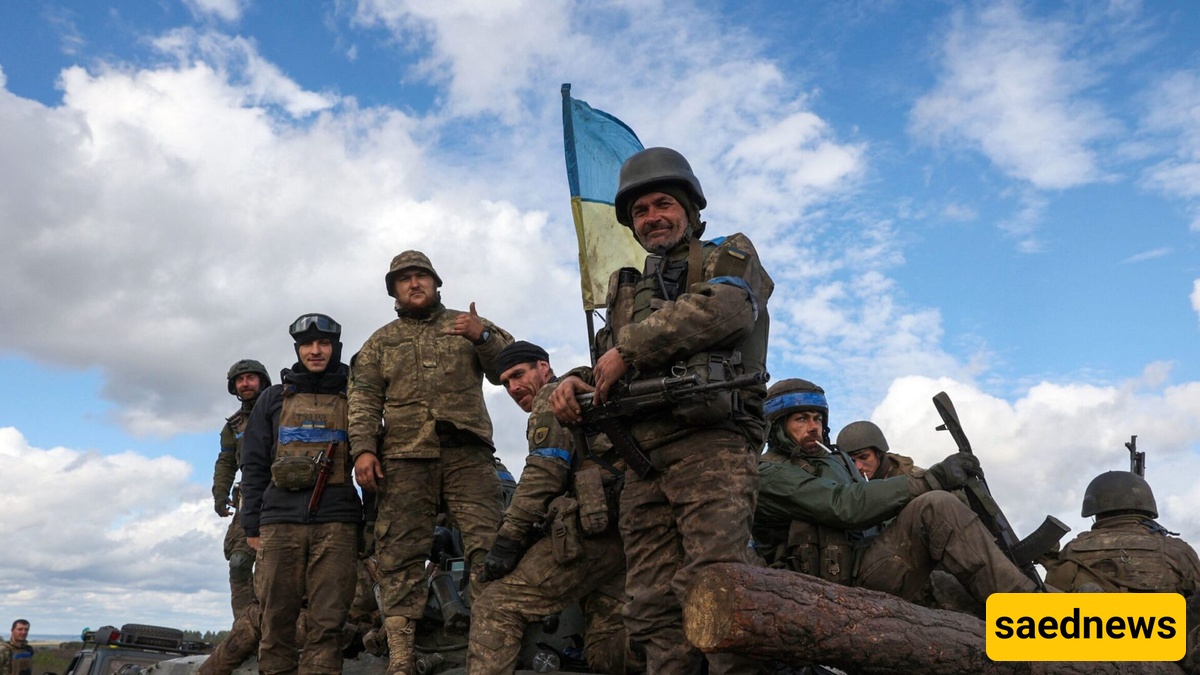SAEDNEWS: The Ukraine crisis, which has persisted for over a year, continues to present complex dimensions and major challenges for the global community, especially the European Union.

According to SaedNews, citing The Times, the Ukraine crisis, ongoing for more than a year, still brings complicated aspects and significant challenges to the global community, particularly the European Union. In its latest reports, the reputable newspaper The Times has analyzed Europe’s support for Kyiv and concluded that Europe does not have the "sufficient power" to continue and strengthen this support. This claim is not only a warning sign for the future of the Ukraine crisis but also highlights structural and political weaknesses within the European Union.

Since Russia’s invasion of Ukrainian territory in February 2022, the European Union has attempted to support Kyiv against Russian military pressure by providing financial, military, and humanitarian aid. However, over time, internal pressures, economic concerns stemming from inflation and the energy crisis, and political disagreements among EU members have become serious obstacles to this support.
The Times points out that this lack of power is mainly due to two reasons: first, the weak coordination among European countries in setting common policies, and second, financial and logistical constraints that have limited the continuous delivery of weapons and aid. Many European countries are struggling with economic challenges, and while they are required to allocate extensive resources to support Ukraine, public dissatisfaction among citizens has also increased.
Furthermore, the weakening of political unity within the Union—particularly regarding the type and amount of support for Ukraine—has led to delayed or partially implemented decisions. Some member states demand faster delivery of weapons, while others are reluctant to become directly involved in the conflict. This situation has sometimes caused Kyiv to face shortages of vital equipment, which has directly impacted Ukraine’s ability to counter Russian attacks.
On the other hand, Russia has increased pressure on Europe through economic and military leverage. Western sanctions against Moscow, Russia’s retaliatory energy measures, and military threats have all placed Europe in a position where it must simultaneously confront internal crises and external threats.
Despite this, some analysts believe that Europe still has significant potential to offer more effective support for Ukraine through greater unity and reassessment of its domestic and foreign policies. Strengthening coordination among member states, increasing investment in defense industries, and adopting economic policies focused on sustainability can help Europe regain its position as a more effective actor in the Ukraine crisis.
Ultimately, The Times’ report sends a message to European politicians that without immediate and coordinated action, Europe may gradually withdraw from the scene of supporting Ukraine, and this power vacuum could lead to severe consequences for regional and global security. Europe’s support for Kyiv is not merely a political or military issue but a test of the Union’s capacity to confront the major crises of the twenty-first century.

